The Domain Working Groups of the Finnish Gaia-X Hub have started their work this autumn. But what are they doing?
In this article, you can find out more about their activities. The five Finnish group leaders talk about themselves and their group’s work – and invite Finnish companies to get involved in Gaia-X, as it has many benefits for them.
What are the domain working groups?
Gaia-X’s national domain working groups bring together communities of experts on specific areas of activity. There are currently seven groups in Finland working on the following domain topics: Agriculture, Circular Economy, Geoinformation, Health, Industry Data, Mobility and Smart Cities.
The groups are preparing joint Finnish initiatives to contribute to the broader debate within Gaia-X and to a roadmap for a European-level data management and sharing model. These groups may be useful if you are interested in sharing and best practices in data governance, data management or business model development.
The groups are free to join and set their own agenda. You can find the schedules and instructions to join the groups of your interest here.
Five group leaders, from circular economy to mobility
We now introduce Päivi Kivikytö-Reponen from the Circular Economy working group, Juha Saarentaus from Geoinformation working group, Jaana Sinipuro from the Health working group, Marko Turpeinen from the Agriculture working group and Janne Lautanala from the Mobility working group.
The group leaders were asked to answer four questions about Gaia-X and the work of their group.
- Why do you think that Gaia-X is important?
- Why companies should join the work of the Finnish Hub and its network?
- Tell us about your domain working group! What is the group aiming at achieving?
- What are the benefits for a company of joining a domain working group?
You can find the group leaders’ answers below.
Päivi Kivikytö-Reponen: “Data is a key element in enabling the transition to a circular economy”
Team leader for industrial circular economy, VTT
Circular Economy working group
In my work, I aim to promote the transition to a circular economy in different ways. I see the circular economy as a way to reduce both greenhouse gas emissions and waste, and to keep materials and products in circulation.
1. Data is a key element in enabling the transition to a circular economy. It is important to define the standards and infrastructure for data sharing so that we can safely and fairly share and use essential data.
2. Digitalisation and the use of data in the circular economy are only at the beginning. This also creates new business opportunities.
The race is fierce, though, and the pace is fast. For a company, joining the Gaia-X network offers a vantage point and an opportunity to form partnerships at the interface of the circular economy and digitalisation. New innovative ways to support digital circular economy must also be pursued.
New innovative ways to support digital circular economy must be pursued.
3. Our aim is to support and discover circular economy data opportunities using the Gaia-X data sharing infrastructure. Could we think that data also needs to move from linear models to a circular economy?
The group is taking shape and I am starting as a domain working group leader myself. We will get down to the nitty-gritty once the group starts.
4. The circular economy working group is a platform for looking at the possibilities of using data in the circular economy. Data can be used to design more environmentally friendly products, make safer use of recycled materials, extend the life of products and close material loops.
Digital material and product passports are on the way. They are a vital enabler of data sharing and data-related opportunities across value chains.
Juha Saarentaus: “Gaia-X opens up opportunities for Finnish companies and stakeholders”
Managing Director, GeoForum Finland
Geoinformation working group
1. Geoinformation is a solid part of the development of digital Europe, where Gaia-X opens up opportunities for Finnish companies and stakeholders.
2. I believe that the network makes it possible to find new partners and business opportunities in Finland and beyond.
3. Our working group wants to combine the Digital Twin Finland collaboration into a European entity.
4. The collaboration will open up new opportunities for everyone who contributes to it.
Jaana Sinipuro: “Gaia-X is one of the most interesting pathways to the European negotiation tables”
Leading Specialist, Fair Data Economy, Sitra
Health working group
Previously, I built the foundations of European data economy model in Sitra’s IHAN project that focused on the human-centric data economy.
1. Gaia-X aims to increase the digital sovereignty of businesses. The European data strategy needs new approaches to create an internal market for data. An internal market is built on interconnected data spaces (not just centralised cloud services).
A data space is a set of actors that, through common principles, rules and technologies, can make controlled use of data and services in a trusted and secure way. Gaia-X is an extremely interesting initiative to build data sharing ecosystems.
The aim is to help Finnish companies and projects get closer to European funding opportunities and to keep up-to-date with European developments.
2. Finland’s work as an advocate for a fair and human-centric data economy and its pioneering work in areas such as sustainability solutions, make us interesting partner. I think Gaia-X is one of the most interesting pathways to the European negotiating tables, where large European companies are trying to take back their digital sovereignty.
We need to make sure that the role of the SMEs in the data economy, highlighted in keynote speeches, is also safeguarded in practical solutions.
3. I have been involved in building the European healthcare domain group and in launching the work in Finland. The aim is to help Finnish companies and projects get closer to European funding opportunities and to keep up-to-date with European developments.
4. The group can boost your efforts to network with the right European partners. You will also get up-to-date information easily, and spar ideas with domestic digital and data economy folk in the national healthcare sector.
Janne Lautanala: “The aim is to deliver competitive and scalable traffic and mobility services”
Chief Ecosystem and Technology Officer, Traffic management company Fintraffic
Mobility working group
1. We need European collaboration in the transport and other sectors.
2. There were already some 120 organisations from the sector already in our Traffic Data Ecosystem network. With Gaia-X collaboration we will have the opportunity to develop even more efficient collaboration at EU level.
3. The aim is to deliver competitive and scalable traffic and mobility services to both domestic and international markets that enable low-emission and user-friendly travel and logistics chains that combine transport modes.
4. Easily exploitable transport data will accelerate the creation of new business, creating new markets, including internationally. It will facilitate collaboration and the creation of joint offers within networks of companies.
Marko Turpeinen: “Finland should not shy away from the challenge, but rather show our strengths and take an active role”
CEO, 1001 Lakes
Agriculture working group
1. Gaia-X is emerging as the core initiative to implement the European Data Strategy. It aims to connect and involve different actors and organisations interested in participating in the creation of a common European data infrastructure.
It also enables strong business-driven data ecosystems, where companies use data sharing to their advantage. Even though there are already large industrial players leading Gaia-X, Finland should not shy away from the challenge but rather show our strengths and take an active role.
2. There is a broad international consensus on the need for fair data access and sharing, and this momentum should be used to accelerate developments.
This is a perfect time to join and take part in building our common distributed soft infrastructure, to define business cases that bring in the benefits, and to have Finnish companies actively shaping this development.
The more organisations take part in Finnish Gaia-X Hub activities, the better chance we have to succeed in building functioning path for European data infrastructure and in making it more accessible and secure for companies and individuals.
This is a perfect time to join and take part in building our common distributed soft infrastructure, to define business cases that bring in the benefits, and to have Finnish companies actively shaping this development.
3. The agriculture domain working group has already met twice and there is genuine interest on the part of business, public sector and research institutes to be involved. The Gaia-X developments are linked with major national efforts in our domain, such as the envisioned Business Finland growth engine for agri-food sector, and AgriFood Data Space Finland initiative.
We are open to new members, and anyone who is interested in joining this domain working group is welcome. Our aim is to inform everyone on Gaia-X developments and how to take advantage of the emerging Gaia-X solutions.
We are working together to take an active role in European level discussions related to Gaia-X and agriculture. We also want to strengthen the position of Finland in data space developments in agriculture, and to launch joint initiatives and projects within EU programmes.
4. Communication and sharing information on Gaia-X developments in Finland and Europe are a clear advantage of joining the domain working group. There are also significant opportunities for public funding in EU and national programmes opening up now, and I strongly believe that joining forces in a coordinated matter will help in succeeding in these calls.
I also see many advantages in creating partner networks ready to deploy Gaia-X, and finding new collaborative business opportunities for creating more value out of data.


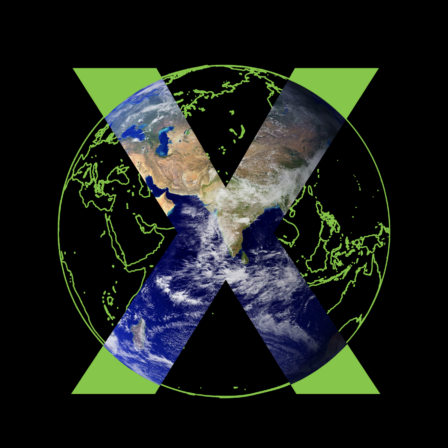
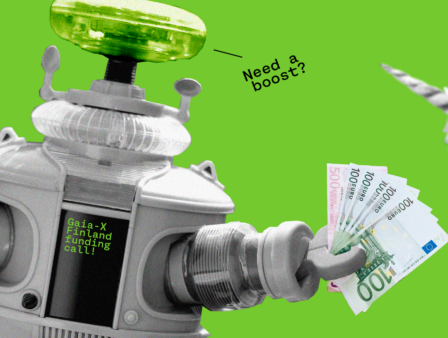

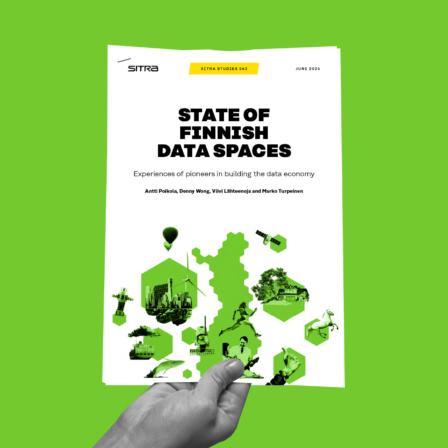
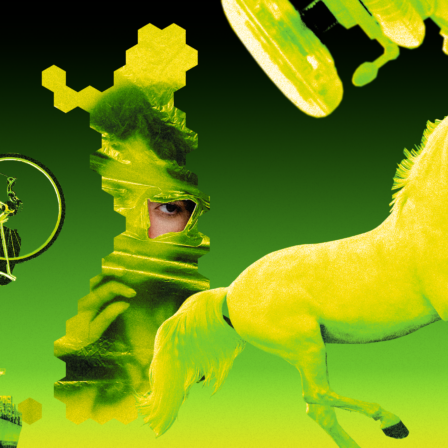
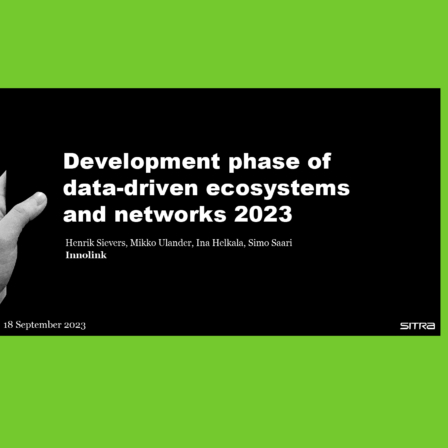

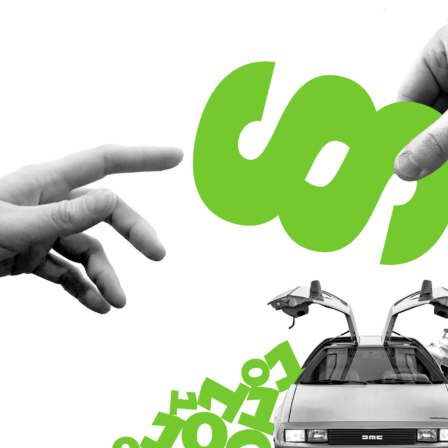


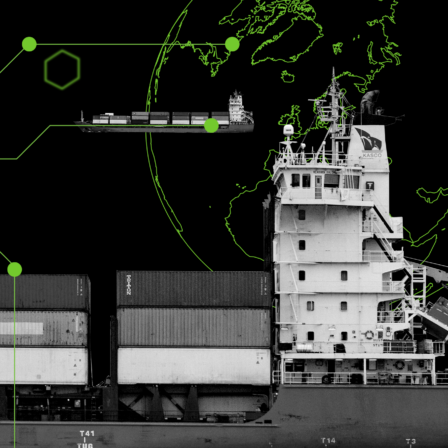
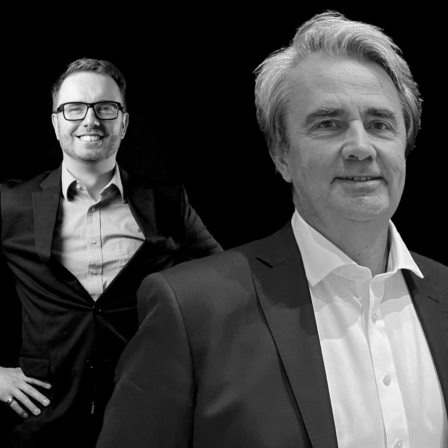

Recommended
Have some more.